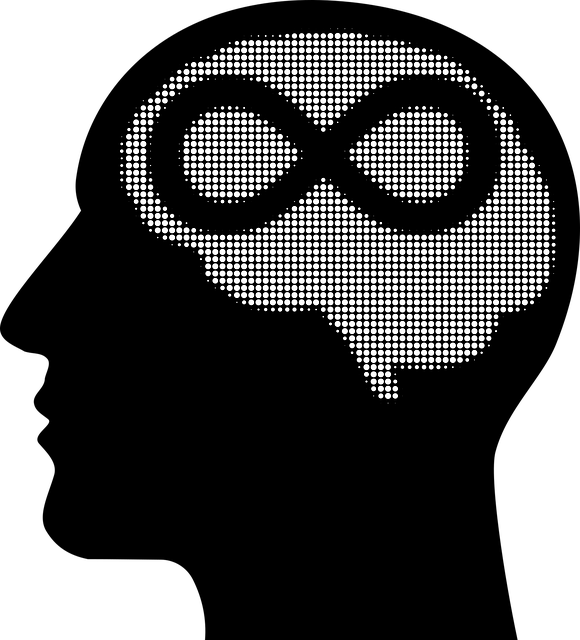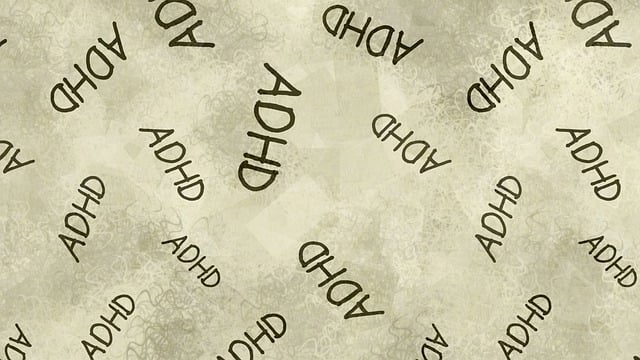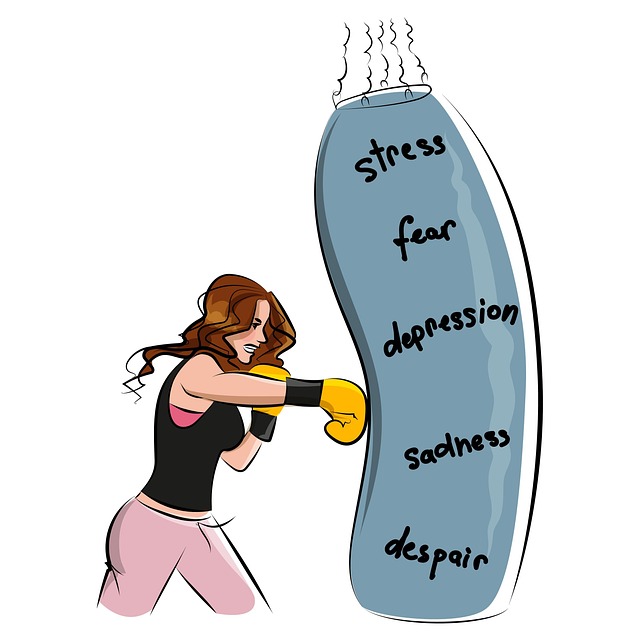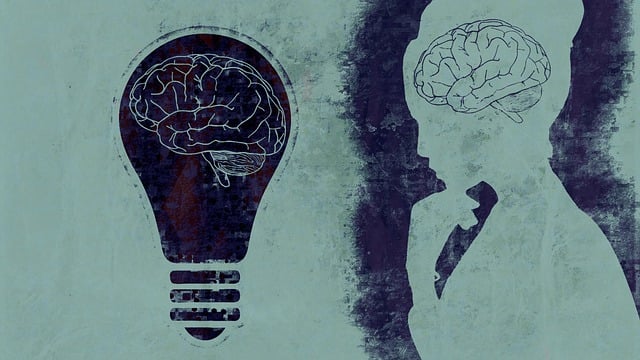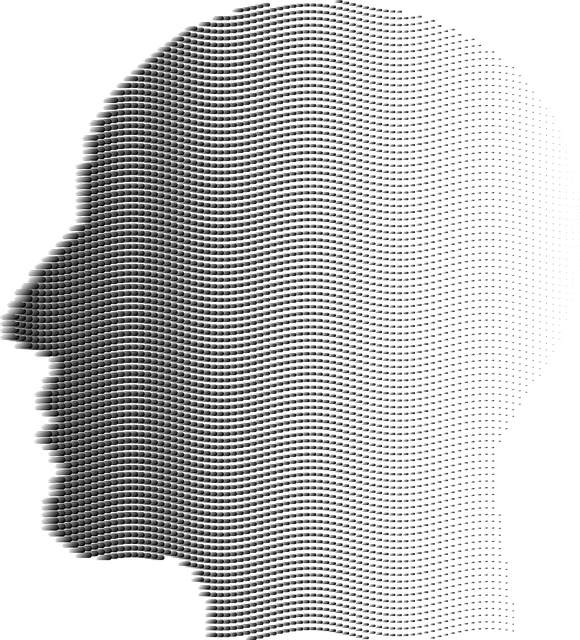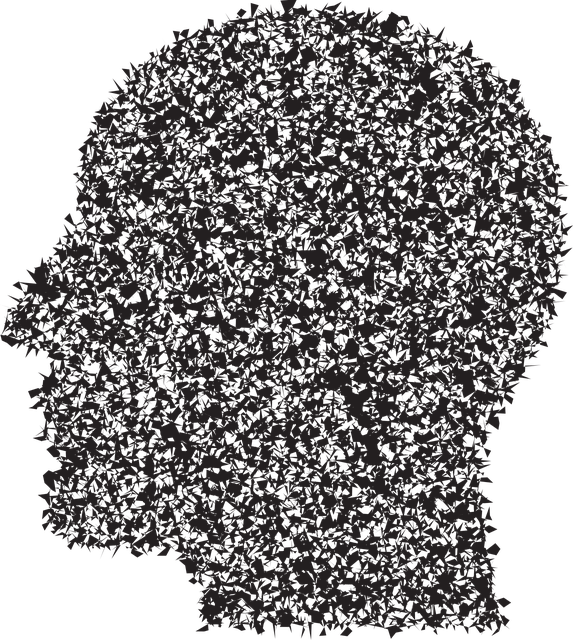Therapy for Neuro Disorders emphasizes building resilience and adaptability through Resilience, Flexibility, Mastery (RFM) exercises. Key techniques include mindfulness practices like meditation and deep breathing, scientifically proven to reduce anxiety and improve emotional regulation. Additionally, empathy-building strategies foster understanding and supportive environments. The practical implementation of RFM integrates these practices into established therapy frameworks, empowering individuals to manage symptoms effectively and preventing healthcare provider burnout. Success is measured using standardized assessments, with future research focusing on expanding accessibility through community outreach and exploring long-term outcomes.
Resilience is a powerful tool in managing neuro disorders. RFM (Resilience-focused Mindfulness) therapy, with its emphasis on cultivating mental and emotional fortitude, offers a promising approach. This article delves into the transformative potential of RFM, exploring its impact on improving symptoms and enhancing quality of life for individuals facing neurologic challenges. We discuss targeted exercises, practical implementation strategies, and measurement techniques, providing insights into the future direction of this innovative therapy for neuro disorders.
- Understanding RFM and its Impact on Neuro Disorders
- Identifying Resilience Building Exercises
- Practical Implementation Strategies
- Measuring Success and Future Directions in RFM Therapy
Understanding RFM and its Impact on Neuro Disorders

Understanding RFM, or Resilience, Flexibility, and Mastery, is crucial when it comes to therapy for neuro disorders. This approach focuses on building resilience within individuals affected by neurological conditions, empowering them to navigate challenges with greater ease. By fostering flexibility in thinking and behavior, RFM enables folks to adapt to changing circumstances, a skill particularly beneficial for managing the unpredictable nature of neuro disorders.
The implementation of RFM incorporates various conflict resolution techniques and emotional intelligence exercises, which play a pivotal role in enhancing mental wellness. These strategies help individuals process difficult emotions, resolve internal conflicts, and develop a more positive outlook. In turn, improved emotional intelligence contributes to better decision-making, increased empathy, and enhanced relationships, all of which are vital for maintaining overall mental health and well-being.
Identifying Resilience Building Exercises

Identifying effective resilience-building exercises is a pivotal step in enhancing well-being, especially for individuals navigating neuro disorders and their associated challenges. These exercises are designed to foster mental fortitude, enabling people to cope with life’s curveballs. One key approach involves mindfulness practices, such as meditation and deep breathing techniques, which have been scientifically proven to reduce anxiety and promote emotional regulation. By integrating these practices into daily routines, individuals can develop a sense of calm and resilience, enhancing their overall therapy for neuro disorders.
Furthermore, empathy-building strategies play a crucial role in reducing the mental illness stigma that often surrounds neurodivergence. Through exercises like perspective-taking and compassionate communication, people can foster understanding and connection. These activities not only strengthen relationships but also contribute to mental illness stigma reduction efforts, creating supportive environments where individuals feel valued and empowered.
Practical Implementation Strategies

The practical implementation of resilience-building exercises (RFM) is a multifaceted process that involves tailoring approaches to suit individual needs, especially in the context of therapy for neuro disorders. The first step is to integrate RFM into existing therapeutic frameworks, ensuring that these exercises complement and enhance traditional treatments. For instance, incorporating mindfulness practices can strengthen the mind-over-matter principles, empowering individuals to manage their symptoms more effectively.
Healthcare providers play a pivotal role in guiding patients through crisis intervention guidance, teaching them coping mechanisms to navigate challenging situations. Furthermore, burnout prevention strategies are essential components of RFM programs, addressing the unique stressors faced by healthcare professionals themselves. By fostering resilience, these exercises contribute to overall well-being, making them valuable tools for both patient and provider alike in the pursuit of enhanced mental health and reduced risk of burnout.
Measuring Success and Future Directions in RFM Therapy

Measuring success is a vital aspect of RFM therapy, as it allows practitioners to assess the effectiveness of the treatment and make informed adjustments. By utilizing various assessment tools and tracking key metrics, therapists can gauge improvements in symptoms, functional abilities, and overall quality of life for individuals with neuro disorders. For instance, standardized questionnaires and interviews can evaluate changes in anxiety, depression, and social functioning. Additionally, observational assessments during group sessions provide insights into participants’ engagement, interaction patterns, and coping strategies.
Future research and clinical practice should focus on integrating community outreach program implementation to broaden the accessibility of RFM therapy. By adapting these exercises for diverse populations and settings, such as schools or workplaces, we can promote self-care routine development for better mental health on a larger scale. Further exploration of long-term outcomes and the impact of coping skills development within RFM therapy is also essential, as it may reveal sustained benefits and inform the refinement of these therapeutic approaches.
Resilience-focused movement (RFM) therapy offers a promising approach to enhancing the lives of individuals with neuro disorders by fostering physical and mental resilience. By integrating specific exercises into daily routines, this therapeutic method empowers folks to navigate challenges more effectively. As research continues to evolve, further exploration of RFM’s potential benefits and tailored implementation strategies will undoubtedly contribute to advancements in therapy for neuro disorders.
